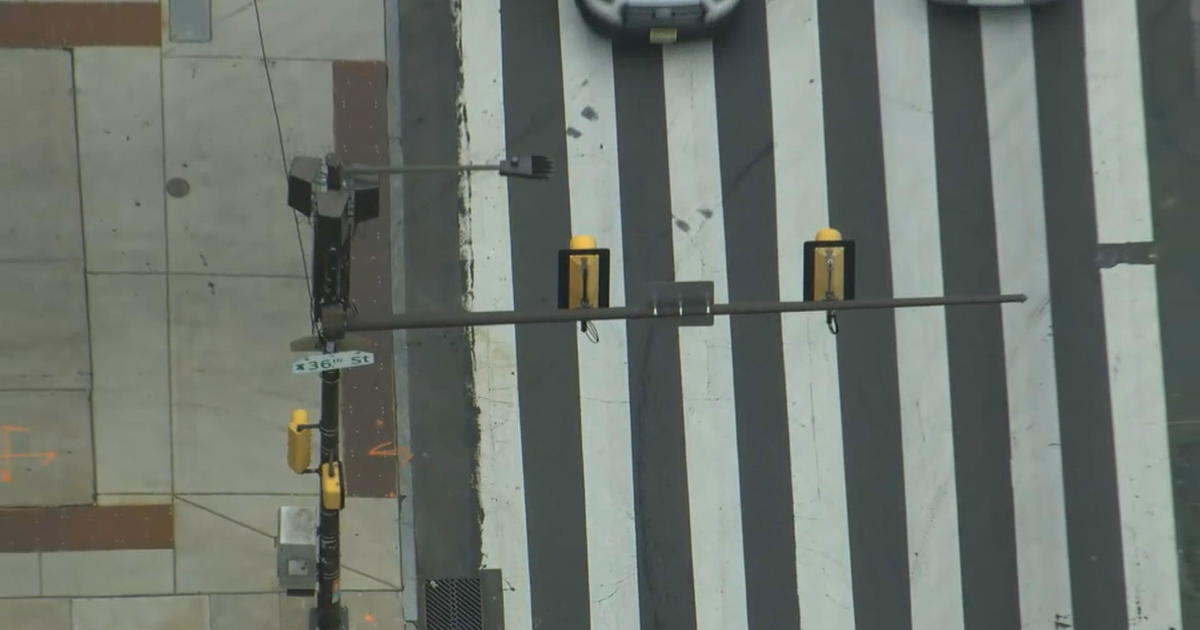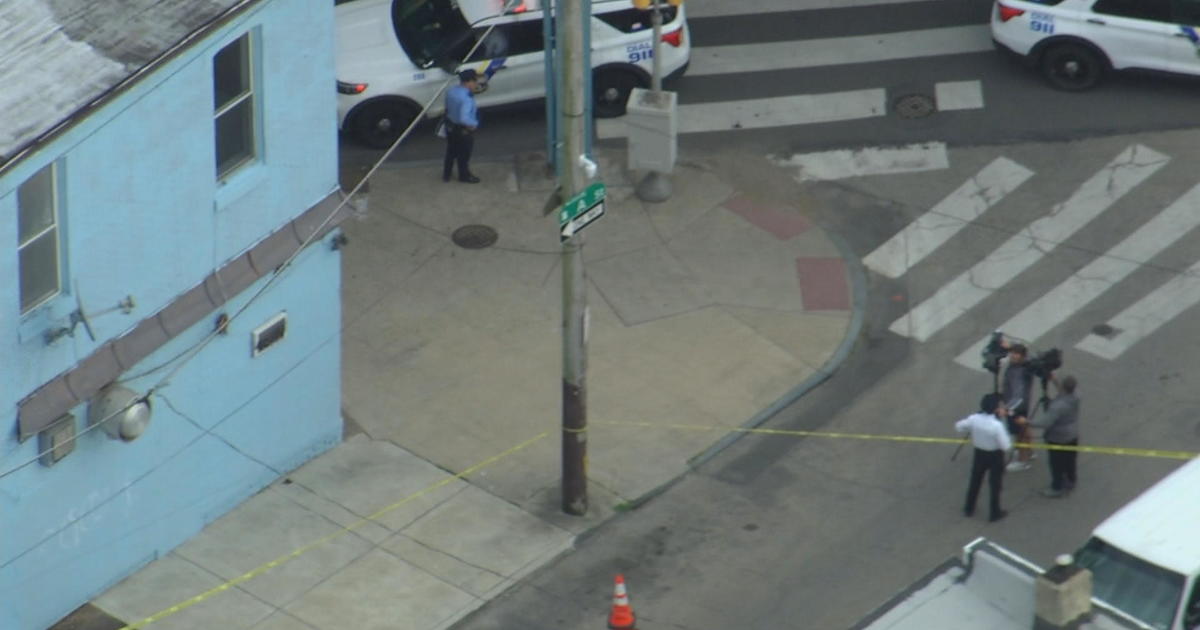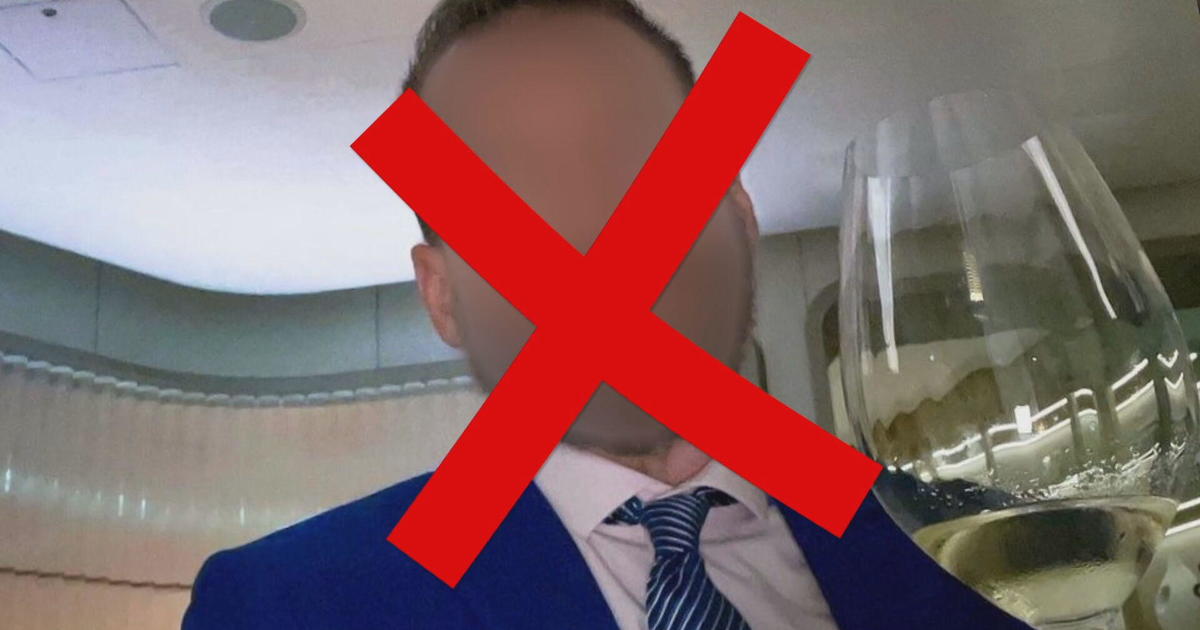3 On Your Side: Taken At The Tolls?
PHILADELPHIA (CBS) -- It's fast, easy and convenient. E-ZPass allows drivers to pay their tolls electronically and keeps them moving. But it's not always accurate.
3 On Your Side's Jim Donovan has found that some drivers may be getting taken at the tolls -- overcharged, over and over again!
Millions of drivers have stopped throwing money out the window and use E-ZPass instead.
Jeff Hutchinson and his wife Kelly are among them.
"It does get you thru traffic quicker, the lanes are always less jammed than the ones that actually take the money from you," said Jeff Hutchinson.
But when E-ZPass withdraws money from their account for going over the Delaware Memorial Bridge with their pick-up truck and camper, they always overpay.
"Every time I've crossed the bridge, they've charged me 16 bucks," said Hutchinson.
$16 bucks when the toll should only be $6.
$3 for the pick-up and $3 for the camper.
"My tag has been issued only to a passenger type vehicle, but yet they charge me a commercial rate," said Hutchinson.
So what's going on?
Jim Salmon is with the Delaware River and Bay Authority, which operates the Delaware Memorial Bridge. He says, "The system is not perfect, mistakes happen."
He also admits it's a problem they have not been able to fix.
"It's a technology issue with us," said Salmon.
E-ZPass billing is based on more than just a scan of a drivers E-ZPass transponder.
It's based on a vehicle profile too. Here an overhead scanner determines the vehicle height and width.
Another device on the ground counts the number of axles.
Put the pick up and camper together and, "If your profile comes up similar to that of a commercial vehicle in size and height, you'll get charged a commercial rate," said Salmon.
The Hutchinson's got their money back, but Jeff doesn't think he's alone.
"I mean if it's happening to me, it's happening to a lot of other people," said Hutchinson.
"I don't understand the logic behind the system," said E-ZPass user Joseph Poliseno.
For two and a half years, he has been going over the Commodore Barry Bridge with his pick-up truck and horse trailer.
Unbeknownst to him, he says E-ZPass had been withdrawing $24 dollars from his account for each trip when the toll should have only been 10 bucks!
When he finally realized it, he asked for a refund.
"They said they only go back two months. It's my fault for not reporting it. They paid me back about 300 dollars. I figured they owed me about $1,900. So they kept $1,600 dollars of it," said Poliseno.
So now, Poliseno has joined a pending class action lawsuit against E-ZPass NJ and the Delaware River Port Authority, which operates the Commodore Barry Bridge.
"Why do they get to keep my money?" said Poliseno.
E-ZPass NJ never responded to our calls and the DRPA refused to tell us what can trigger overcharges at their bridges. Only to say, when they learn of a billing problem, it's handled promptly.
But both Poliseno and Hutchinson agree, dealing with their E-ZPass problems has been anything but easy.
"They really should get their operation working correctly," said Hutchinson.
"Their system is really messed up and needs to be revised," said Poliseno.
If you're overcharged by E-ZPass on toll roads or bridges that you travel frequently, put your transponder in a foil packet and pay cash at the toll.
At the Delaware Memorial Bridge, newer technology is expected to be put in place within a year that will enhance the profiling so fewer mistakes occur.
Until then, check your account statement because in most cases you'll only be credited if you request a refund within 60 days.
In some cases, cars can be overcharged too. It's called poaching. If one car follows another too closely through the toll, the profiler could read it as one longer vehicle, like a limo, and the first car could be hit with a higher toll.
Reported By: Jim Donovan, CBS 3



